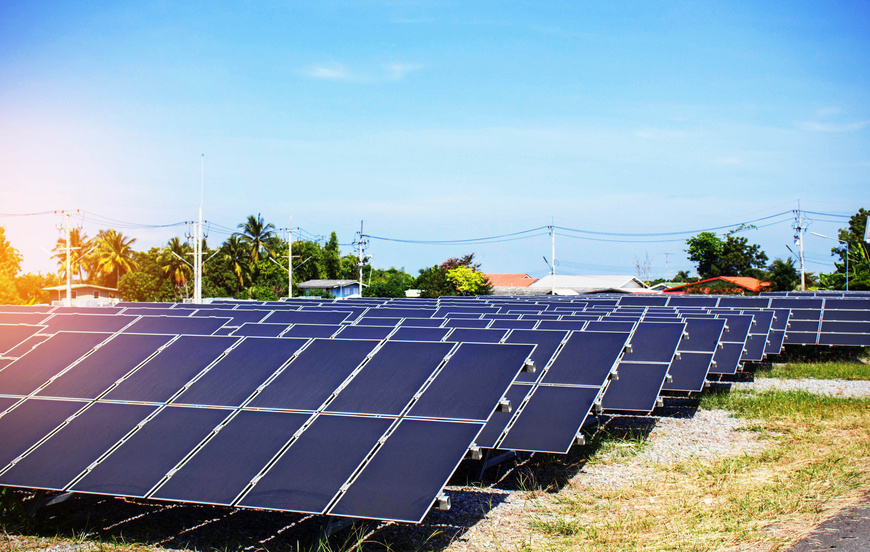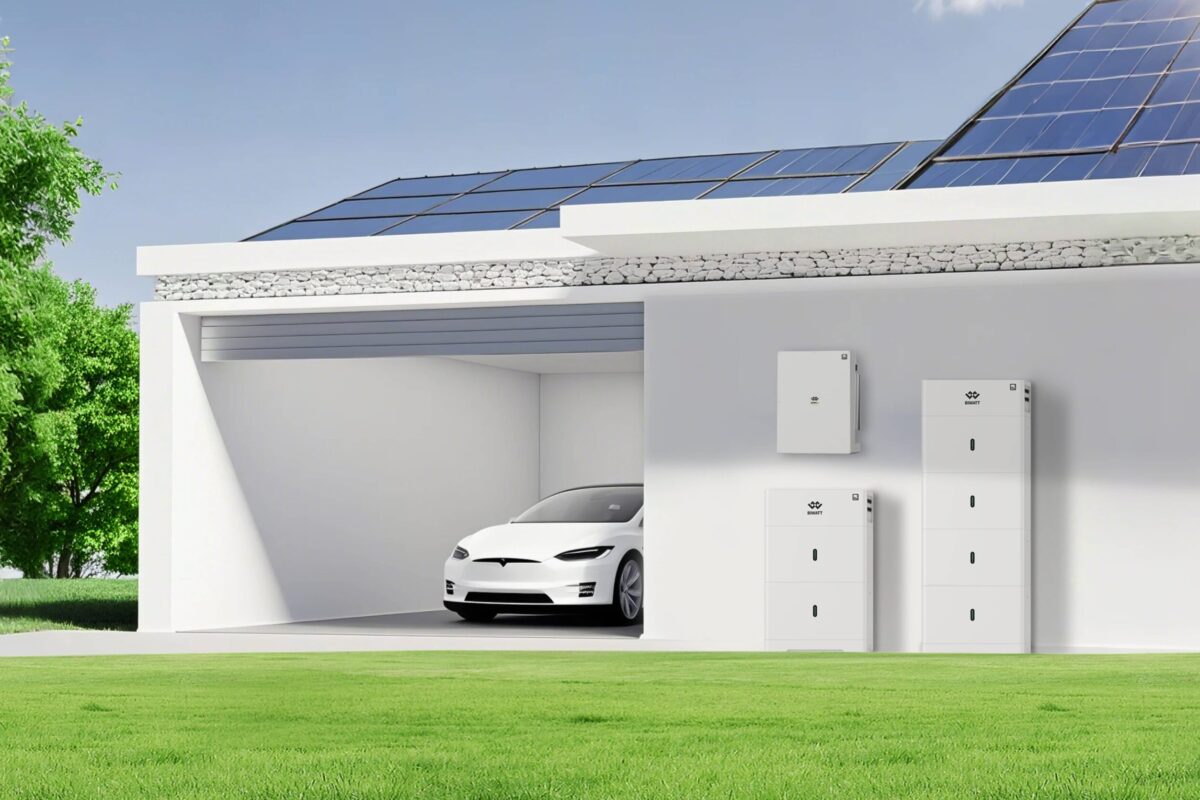Spain’s treatment of solar could be accurately labeled as “abusive” these past few years. Having promised PV the moon on a stick, the People’s Party (PP) government then not only reneged on its support, but actively introduced a swathe of policies designed to financially punish solar customers as Spain scrabbled desperately to plug a widening fiscal black hole.
Since those unedifying days, the country has not only steadied its economy and re-elected (at the second-and-a-half-time of asking) Mariano Rajoy as Prime Minister, but it has now begun ekeing out a couple of progressive policies that may prove beneficial to solar PV.
News this week of a 3 GW renewables auction was met with cautious optimism by many within the Spanish solar industry. The government will launch this new renewable energy capacity before the end of the year, with bids set to be invited in the first half of 2017.

According to Spanish energy minister Álvaro Nadal, the auction will be technology neutral, and is supposed to be open to the participation of different renewable energy technologies, including solar PV. “The new auction will be conducted according to competitive principles,” stated Álvaro Nadal. He added that this will include the “principle of cost efficiency”.
“We are also going to establish additional controls to ensure the completion of projects which are awarded,” he continued. “We will ask for deposits.” The last renewable energy auction, which was held last year, only contained categories for wind and biomass. Additionally, the mechanisms to ensure the completion of the projects awarded in this auction have been widely criticized.
The new auction is part of the measures to reach Spain’s 2020 renewable energy objectives laid out by the European Union. The Spanish Energy Ministry estimates that the actual participation of renewable energy currently stands at 17.3%. “We have to reach those objectives,” he stated.
Brazil’s ups and downs
Positive auction news in Spain was overshadowed by a depressing story from Brazil, where the solar world learned that the country had canceled its only solar tender in 2016 due to the ongoing economic crisis in the country suppressing demand for electricity.

However, prior to that story breaking, more positive news emerged from Brazil in the form of the inauguration of Canadian Solar’s 400 MW solar module factory in Sao Paulo.
The $24 million investment from the Chinese solar firm was a strong statement of intent for the LatAm solar market, and its creation was supported by the Investment and Export Promotion Agency of the State Government of Sao Paulo (Investe Sao Paulo) and the Brazilian Agency for the Promotion of Exports and Investments (Apex-Brasil). It is estimated that 2,000 direct and indirect jobs will be generated as a result of the project.
Low German prices
On Thursday, the Federal Network Agency approved a total of 27 bids for ground-mounted PV installations, with a combined capacity of 162,554 MW. The sixth and last round of tendering has been repeatedly oversubscribed. In fact, a total of 76 bids were submitted, for projects with a total capacity of 423 MW.
“We are also assuming that this trend will be continued for the tenders under the EEG 2017, as the tenders for further solar systems are now being extended,” said the President of the Federal Network Agency, Jochen Homann.
The average tariff price for the bids in the sixth round of the tender was EUR 0.069 per kWh. Thus, once again it was a strong improvement – in the fifth round, it was EUR 0.0725 per kWh. The lowest successful bid was EUR 0.0626 per kWh. According to the Federal Network Agency, the highest bid that was still successful, was EUR 0.0717 per kWh, which is still below the average price of the previous round. Interestingly, 16 of the 27 winning bids were for projects to be developed along motorways and railways. A bid for a project within an area in federal ownership has also been successful.
Trumped up
Late last week, a document emerged in which the transition team of President-Elect Donald Trump seeks the names of federal employees who worked on issues related to Climate Change, as well as suggesting preparations for a dismantling of clean energy programs at DOE.

The document contains 65 questions which the team is asking of the Department of Energy (DOE), as well as an additional nine questions for the nation’s national laboratories, covering a range of topics from electric vehicles to Climate Change conferences to offshore wind, but solar is mentioned only twice.
What the document does do is to specifically ask for the names of DOE employees and contractors who have attended meetings regarding attempts to strategically tackle Climate Change, including the Interagency Working Group on the Social Cost of Carbon and UN Climate Change conferences.
The questionnaire prompted a letter by U.S. Senator Edward Markey (D-Massachusetts), warning of a “witch hunt” and advising the Trump Administration that it would be illegal to use any of the information that is collected is used to fire or discriminate against federal employees who worked on these issues.
“Any politically motivated inquisition against federal civil servants who, under the direction of a previous administration, carried out policies that you now oppose, would call into question your commitment to the rule of law and the peaceful transition of power,” wrote Senator Markey in the letter.
And in other news…
Morocco revealed more details of its 170 MW solar PV tender, 22 MEPs wrote to the European Commission urging for all solar trade tariffs to be dropped, and BNEF calculates that solar now beats wind on CAPEX in the developing world.
This content is protected by copyright and may not be reused. If you want to cooperate with us and would like to reuse some of our content, please contact: editors@pv-magazine.com.



By submitting this form you agree to pv magazine using your data for the purposes of publishing your comment.
Your personal data will only be disclosed or otherwise transmitted to third parties for the purposes of spam filtering or if this is necessary for technical maintenance of the website. Any other transfer to third parties will not take place unless this is justified on the basis of applicable data protection regulations or if pv magazine is legally obliged to do so.
You may revoke this consent at any time with effect for the future, in which case your personal data will be deleted immediately. Otherwise, your data will be deleted if pv magazine has processed your request or the purpose of data storage is fulfilled.
Further information on data privacy can be found in our Data Protection Policy.